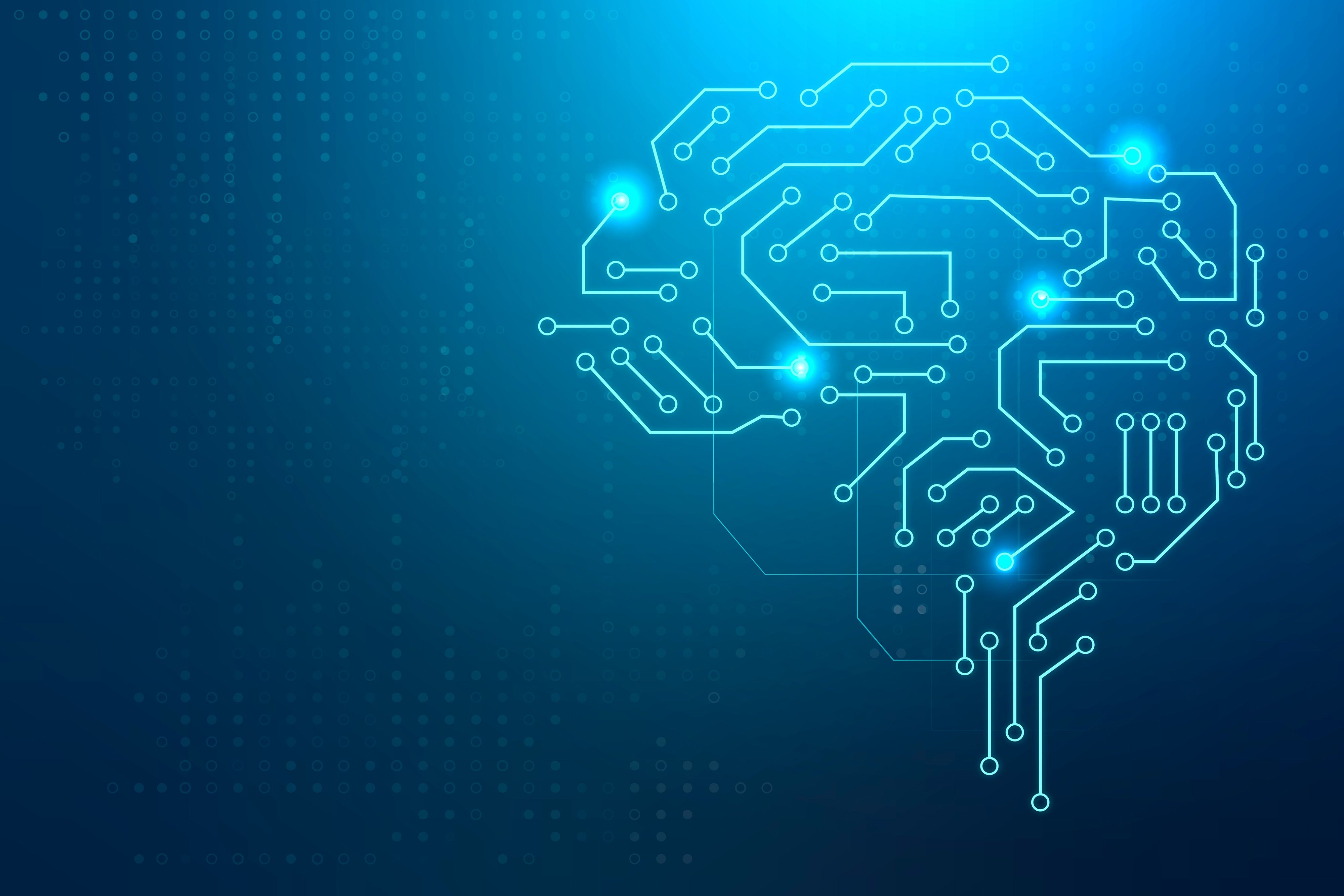- Published on
The U.S.-China AI Arms Race and Its Global Implications
- Authors

- Name
- Vuk Dukic
Founder, Senior Software Engineer
 Imagine a world where the next global superpower is determined not by nuclear weapons, but by lines of code. Welcome to the 21st century, where artificial intelligence (AI) has become the new frontier of international competition. The United States and China, two technological titans, are locked in a high-stakes chess game where each move could reshape our future. But what exactly is this AI arms race, and more importantly, how does it affect you? Let's dive in and demystify this digital space race.
Imagine a world where the next global superpower is determined not by nuclear weapons, but by lines of code. Welcome to the 21st century, where artificial intelligence (AI) has become the new frontier of international competition. The United States and China, two technological titans, are locked in a high-stakes chess game where each move could reshape our future. But what exactly is this AI arms race, and more importantly, how does it affect you? Let's dive in and demystify this digital space race.
The AI Arms Race: What's at Stake?
First things first: what do we mean by an "AI arms race"? Simply put, it's a competition between nations, primarily the U.S. and China, to develop the most advanced AI technologies. This race spans multiple arenas:
- Military applications: Think autonomous drones and cyber warfare capabilities.
- Economic dominance: AI could revolutionize industries from healthcare to finance.
- Technological innovation: The country that leads in AI could set global standards and norms.
The stakes? Nothing less than global leadership in the 21st century. As the Goldman Sachs Artificial Intelligence blog notes, "While the United States, China, and Russia do not agree on many things, they all acknowledge that AI could reshape the balance of power."
Did You Know? In 2022, China accounted for a whopping 61.1% of global AI patent origins!
The United States: Silicon Valley's Edge
The U.S. has long been considered the leader in AI, thanks to its robust tech ecosystem centered in Silicon Valley. Companies like Google, Meta, and NVIDIA aren't just innovating; they're shaping the very direction of AI development worldwide.
Key strengths of the U.S. include:
- World-class research institutions
- A culture of innovation and entrepreneurship
- Significant private sector investment
However, the U.S. isn't resting on its laurels. The government has implemented what some call "chokepoint" tactics, restricting China's access to advanced technologies.
China's AI Ambitions: The Dragon Awakens
Don't count China out just yet! The dragon has awakened, and it's breathing digital fire. China's approach combines state support, competitive innovation, and strategic global outreach.
China's strengths include:
- A vast pool of researchers and data
- Strong government support (remember the "New Generation Artificial Intelligence Development Plan"?)
- A growing ecosystem of innovative companies
One such company making waves is DeepSeek. This Chinese tech pioneer is disrupting global AI markets with open-source models priced 7% below Western counterparts. It's a classic example of China's cost-innovation synergy at work.
Global Implications: A Ripple Effect
The U.S.-China AI race isn't just a tech showdown; it's reshaping our world in profound ways:
Economic Impacts
- Job market shifts: AI could automate many tasks, creating new jobs while eliminating others.
- Industry disruptions: From healthcare to finance, AI is changing how businesses operate.
Geopolitical Shifts
- Changing alliances: Countries may align based on AI partnerships and access to technology.
- New forms of diplomacy: AI capabilities could become bargaining chips in international relations.
Ethical and Social Considerations
- Privacy concerns: Who owns the data that AI systems learn from?
- Potential for misuse: AI could be used for surveillance or manipulation.
The Race for Regulation: Balancing Innovation and Safety
As AI advances at breakneck speed, governments are scrambling to keep up. The European Union's AI Act is becoming a critical reference point in the global discourse on AI governance.
Key challenges include:
- Creating effective AI governance without stifling innovation
- Encouraging international cooperation in a competitive landscape
- Balancing national interests with global ethical standards
What Does This Mean for You?
You might be thinking, "This all sounds important, but how does it affect me?" Great question! The AI arms race will likely impact your life in several ways:
- Career prospects: Some jobs may become obsolete, while new opportunities emerge in AI-related fields.
- Daily life: From smarter home devices to AI-assisted healthcare, your routines could change dramatically.
- Global stability: The balance of power shaped by AI could affect everything from economic opportunities to national security.
Conclusion: Navigating the AI Future
As we've seen, the U.S.-China AI arms race is more than just a tech competition—it's a force shaping our future. While the United States currently leads in overall AI competitiveness, China is rapidly catching up, particularly in areas like open-source AI development.
The key takeaway? AI is no longer just a buzzword—it's a critical factor in global affairs that will touch every aspect of our lives. As this digital space race continues, staying informed and adaptable is crucial.